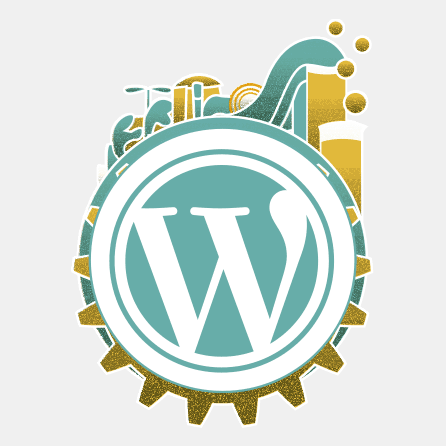 For a business new to the web, I often point to WordPress as the content manager for their site. Here are some reasons:
For a business new to the web, I often point to WordPress as the content manager for their site. Here are some reasons:
WordPress is easy to install and learn for for people at all skill levels. WordPress is compatible with every hosting company at this point, and installs in minutes on a hosting account. There are also default themes to help you get started.
The admin area, or dashboard, is easy to understand. I have worked with people who only use email and Word on their computers and they quickly pick up WordPress. On the administrative side, I can hide areas of the site that are more technical for users who aren’t comfortable around the entire dashboard.
Low cost (free to install). WordPress is one of the most widely used content managers on the market today. There has been consistent community involvement of the development of WordPress through plugins and addons, as well as providing support on WordPress forums.
Lots of plugins. The additions made by the community through plugins are invaluable. WordPress can bring in contact forms, connect with your analytics account, publish to your social media account when posts are made, help you sell items, adjust SEO to your site and more.
Safe and easy to backup. This comes at a caveat: As long as WordPress is updated it’s fairly safe, and there are many plugins to help extend this security as needed. The catch is that keeping WordPress updates from installing can put a site at risk. I notice that WordPress support offers updates on a regular basis to help prevent trouble before it starts.
Customization. This is one of the biggest reasons I like working with WordPress. Sites like Squarespace and Wix have some customization in their templates but can suffer from homogenous design since settings are limited by the content manager. WordPress allows for more flexibility to create unique sites. Part of my job as a designer is to help a business stand out, and customization is an important aspect to making a great website. The catch is with that level of customization available, the technical requirement increases as well – meaning learning a little HTML and CSS.
A summary:
Squarespace/Wix: Greater monthly cost, less flexibility/easy to update, needs less maintenance
WordPress: Greater learning curve, needs more maintenance/most cost is upfront(DIY can be free), more design options
➽ If you need help with a content manager regardless of the service let me know.